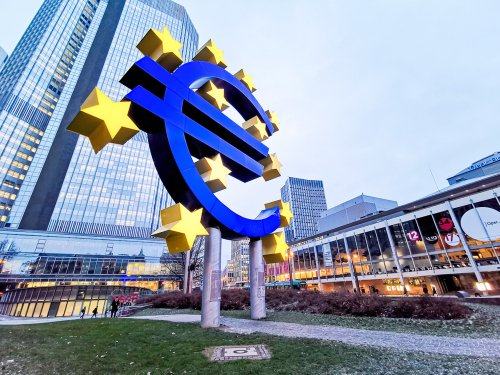Brussels (Brussels Morning) European Central Bank (ECB) head Christine Lagarde acknowledged that inflation will remain higher than expected for longer than expected on Thursday.
Lagarde noted that inflation in the eurozone was temporary since it is being driven largely by soaring energy prices, a mismatch between supply and demand and a one-off effect, Reuters reported on Thursday.
“While inflation will take longer to decline than previously expected, we expect these factors to ease in the course of next year”, she said, adding that “we continue to see inflation in the medium term below our 2% target.”
On the other hand, MEPs, according to two sources, were not as optimistic in private, warning that inflation could drop more slowly than anticipated and therefore remain above 2% in 2022.
The sources pointed out that while some MEPs worry that inflation could remain near 2% in 2023, most expect a lower rate.
ECB at odds with markets
Commenting on expectations that interest rates could start going up in 12 months, Lagarde stressed that this is not in line with ECB’s expansive monetary policy.
In her view, interest rates would remain at record-low levels in the eurozone until inflation reaches the target as expected.
Lagarde’s speech failed to convince investors since a rate increase of 10 basis points remained priced for next October.
Nordea financial services group economist Jan von Gerich observed that “Lagarde clumsily read from paper that market bets on interest rates were not in line with the ECB’s guidance.”
He added that had her intention been “to bring market pricing more in line with the ECB’s guidance, she failed miserably”.
While other large central banks are reacting to rising inflation, the ECB will apparently remain an outlier.
Norway and South Korea have raised interest rates, the US Federal Reserve System and the Bank of England have signalled monetary policy changes and the Bank of Canada announced on Wednesday that it could up rates as early as April next year, stressing that inflation will stay higher than planned for most of 2022.




